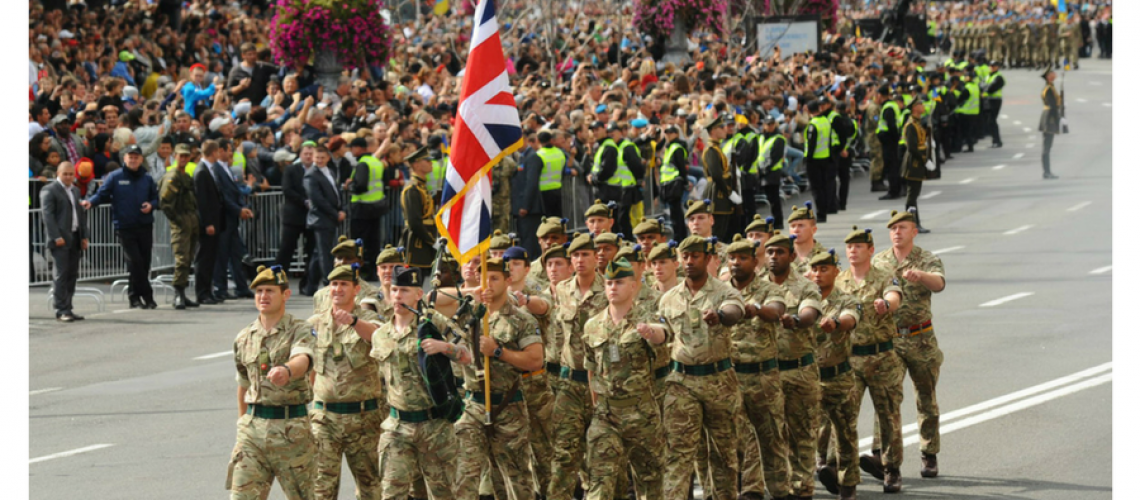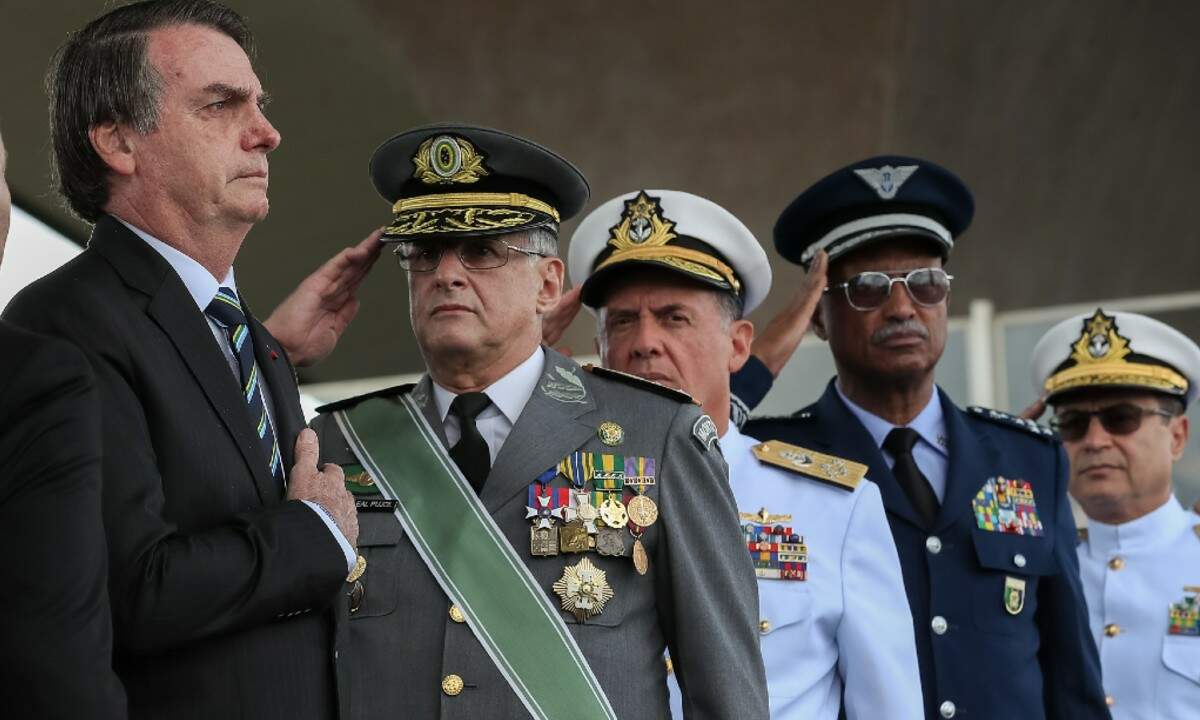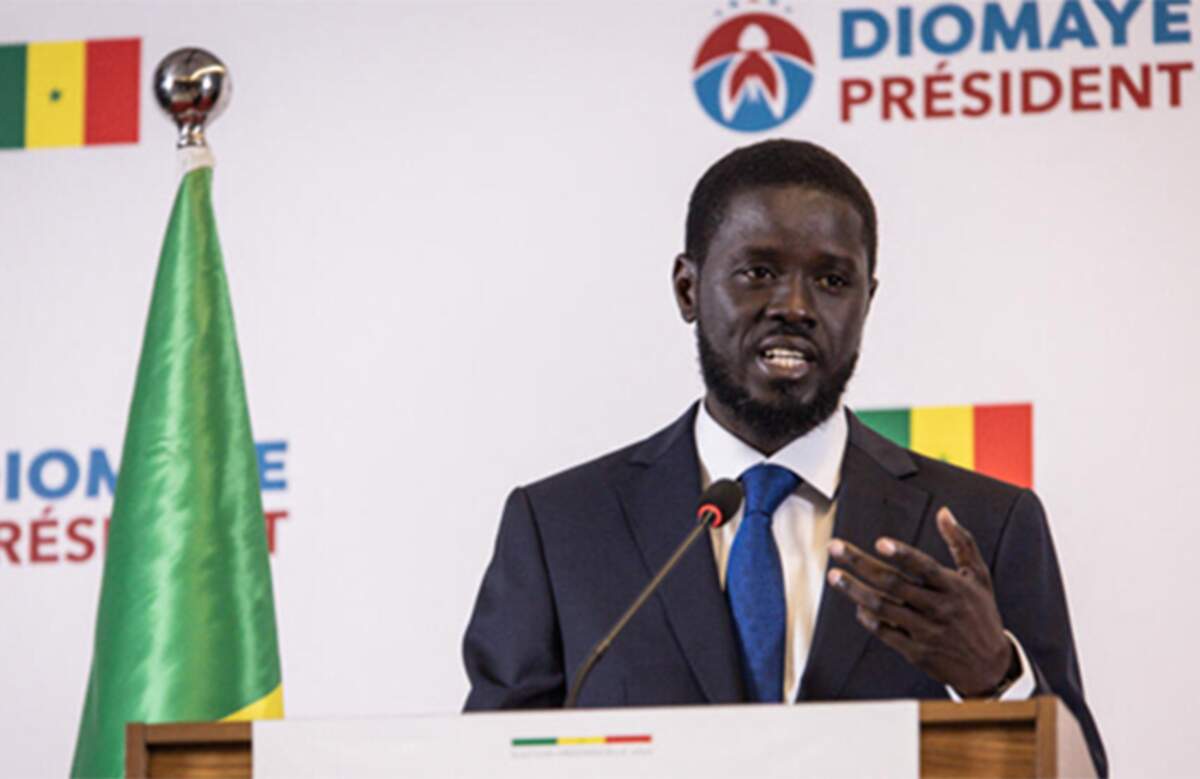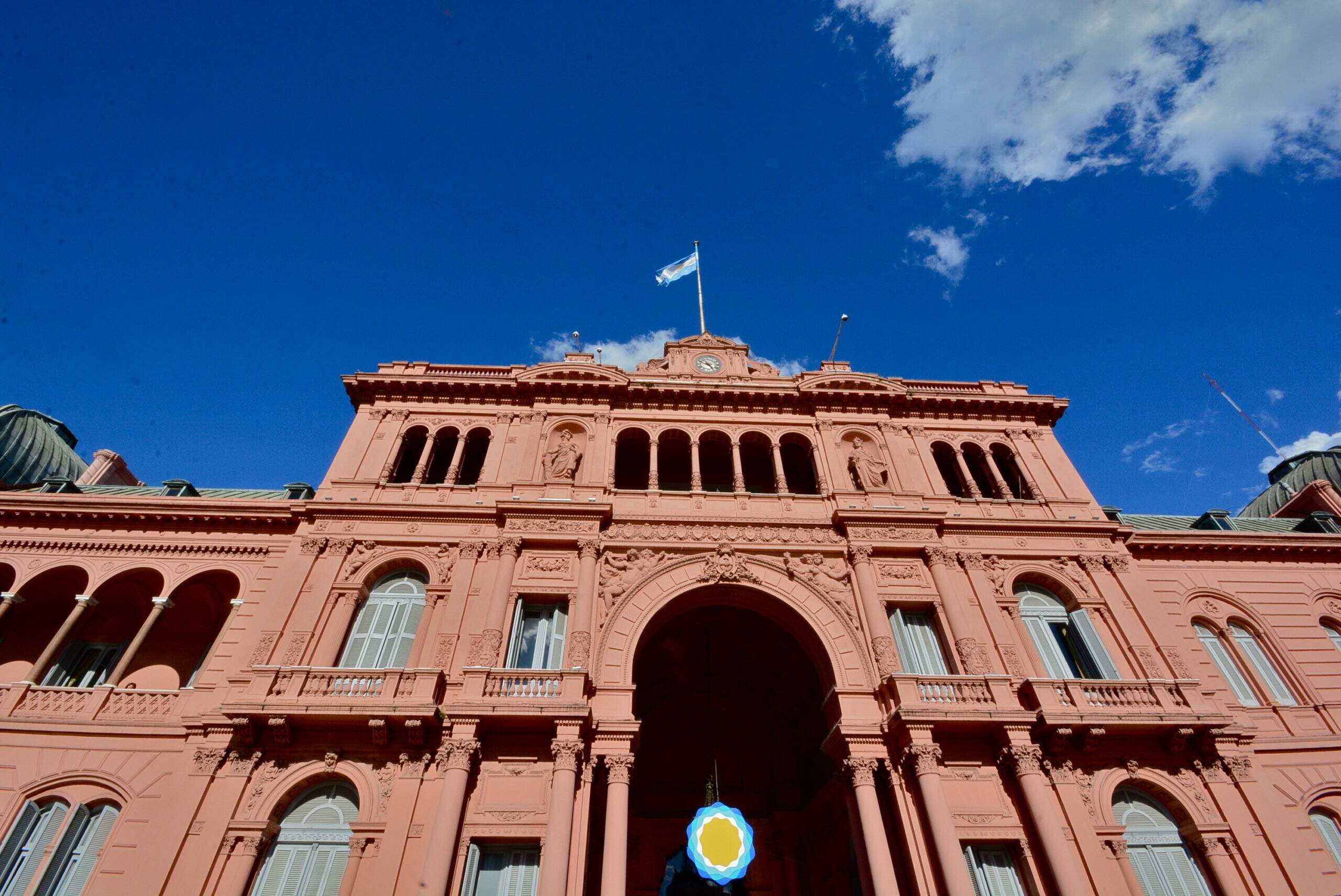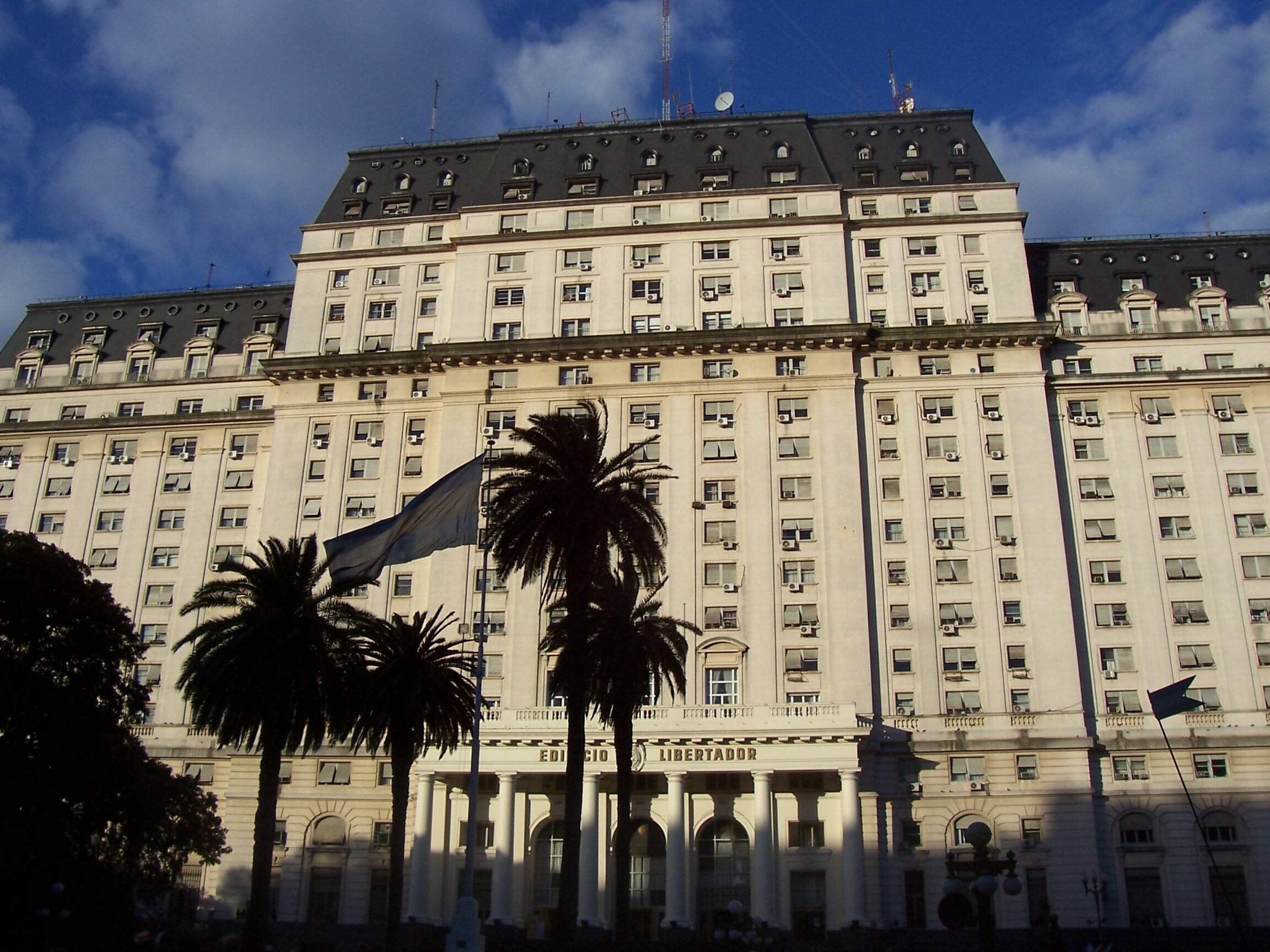A version of this article was first published at the UK Defence Journal in December 2021
João Vitor Tossini
The UK’s defence relationship with Ukraine experienced a sharp growth in the aftermath of the Russian annexation of Crimea in 2014, including the delivery of British military equipment and training. The 2016 British decision to leave the European Union led to the “Global Britain” foreign policy, which became the framework of the British engagement with Ukraine. Aiming to reaffirm the country’s leadership at the North Atlantic Treaty Organization (NATO), while seeking new partners and allies beyond the European Union, the new British foreign policy engaged in a path of increasing political and defence cooperation with Ukraine.
During the first years of Ukrainian independence, the British Government would work closely with Ukraine, the United States, and Russia on the future of the Ukrainian, Belarus, Kazakhstan nuclear arsenals inherited from the Soviet Union. In 1994, the three powers agreed to provide security assurances against the use of force or threats against the territorial integrity and independence of Ukraine, Belarus and Kazakhstan in exchange for their adherence to the Treaty on the Non-Proliferation of Nuclear Weapons (TNP). This accord was known as the “Budapest Memorandum on Security Assurances”, and between 1994 and 1996, Belarus, Kazakhstan and Ukraine gave up their nuclear weapons (MARTEL, 1998).
In 2008-2009, Ukraine’s attempts to achieve closer cooperation ties with the European Union received British support while intensifying defence collaboration with Britain, which the Ukrainian Government saw as a possible supporter of Ukraine’s ambition to initiate a NATO Membership Action Plan. Within this context, Britain and Ukraine signed a Joint Statement in 2008 declaring for the first time the “strategic” character of their bilateral relations.
Nevertheless, between 2009 and 2013, the British position changed after Ukraine opted for “non-alignment” in 2009. Following this Ukrainian foreign policy shift, Britain focused on supporting the advancement of the Association Agreement between Ukraine and the European Union (EU). However, in November 2013, the Euromaidan movement erupted in Ukraine, especially in the Western part of the country, mainly in response to president Viktor Yanukovych’s refusal to sign the European Union–Ukraine Association Agreement. The refusal came after previous postponements and was seen as an attempt to appease and maintain close ties with Russia, Ukraine’s largest trading partner. On 22 February 2014, the parliament voted to relieve Yanukovych from his duties.
These events highlighted divisions within Ukraine’s society and quickly involved Russia. Moscow justified its intervention as a safeguard for the Russian minority in Ukraine. The Russian Government stated that it did not recognise the new administration in Kyiv (AVERRE; WOLCZUK, 2018). On 27 February, unmarked Russian soldiers took control of the Crimean local government, forcing the regional parliament to replace its Prime Minister for the pro-Russian politician Sergey Aksyonov. The Crimean Peninsula, including the strategic naval base at Sevastopol, leased to Russia since 1991, was formally annexed by the Russian Federation on 21 March (AVERRE; WOLCZUK, 2018).
As one of the three “guarantors” of Ukraine’s sovereignty and territorial integrity, through the Budapest Memorandum (1994), the UK had a particular responsibility when the Russian intervention occurred. The UK supported the change of government in Kyiv and opposed the Russian intervention in Ukrainian affairs. Despite that, witnesses contributing to a Houses of Parliament report in 2015 considered the initial British response “hesitant”. Thus, the unfolding events in Ukraine raised concerns and negative criticism concerning the British Government’s initial response. It can be argued that the budget cuts laid out by the 2010 Defence Review still had a significant impact on the British defence and foreign policy.
As the crisis unfolded, the British Government adopted an active role. Britain presented itself as a leading supporter of collective sanctions against Russia through the EU and the Group of Seven (BIELIESKOV; SOLODKYY, 2017). The British Government also performed a crucial role in the approval of the General Assembly resolution on Crimea. In March 2014, the UK declared that it regarded the annexation of Crimea as illegal and would maintain a position of support for Ukraine’s sovereignty and territorial integrity. This statement remains the cornerstone of the British bilateral relationship with Ukraine.
Since 2014, the UK has sought to enhance its economic and defence cooperation with Ukraine while improving the Ukrainian position as a nation capable of containing the conflict with the Russian-backed insurgents in the far Eastern part of the country (BIELIESKOV; SOLODKYY, 2017). During the NATO Wales Summit of 2014, Britain also acted to alleviate fears in southern members of NATO that the Baltic States were exacerbating the Russian threat, opening the path for a final collective statement favourable to Ukraine (DEVANNY, 2017). Following Brexit, this trend gained pace and Ukraine could become a special partner within the scope of the “Global Britain” policy (UNITED KINGDOM, 2021).
Beyond the support within NATO, Britain initiated “Reform Assistance Programmes” in Ukraine to improve local governability, while supporting economic reforms. These initiatives would indirectly support enhanced trade arrangements between the two nations (BIELIESKOV; SOLODKYY, 2017). In October 2020, Britain and Ukraine signed a “continuity agreement” adapting the existing Ukraine-EU Trade Agreement into an Anglo-Ukrainian version. Furthermore, the “Political, Free Trade and Strategic Partnership Agreement” updates and formalises the strategic partnership between the UK and Ukraine (VOROTNYUK, 2021).
Concerning Defence cooperation, since the Russian annexation of Crimea, seeking international assistance to strengthen its defence capabilities has been a priority of the Ukrainian Government. In Ukraine, expectations of British military assistance have been high as Britain remains one of the two signatory powers that still commit to the Budapest Memorandum of 1994. Supporting these expectations lies the fact that before the 2014 Crisis, Britain had been an active partner of Ukraine, leading programmes between 2009 and 2014 to enhance Ukraine’s military command, control and communication systems while conducting joint training exercises (BIELIESKOV; SOLODKYY, 2017). Therefore, during the 2014 NATO Summit, Britain was chosen as the leading partner in the Alliance’s Trust Fund to improve the Ukrainian forces’ command, control, and communications (DEVANNY, 2017; VOROTNYUK, 2021).
Moreover, the UK supports Ukraine through direct bilateral military aid. In late 2014, London supplied the first wave of military equipment and logistical assistance to Kyiv. In March 2015, Britain announced a package of non-lethal equipment to Ukraine. Concurrently, the British Government approved the deployment of military advisers to train the Armed Forces of Ukraine. In 2017, the British training programmes prepared the most significant contingent of troops for the Ukrainian military. The 2016-2017 period witnessed the British shift from military material aid to training local troops. Between 2015 and 2021, the operation – called Operation Orbital – trained more than 21,000 Ukrainian personnel (VOROTNYUK, 2021).
Avoiding a direct association with the ongoing military conflict in Eastern Ukraine, the sites used by the British personnel were located far from the areas of armed conflicts. Additionally, in 2016 the two countries agreed on a Memorandum of Understanding about the bilateral defence and security cooperation. This 2016 Memorandum represented the increasing Ukrainian confidence that Britain remains an actor in the region despite Russian pressures and led to the 2020 Free Trade and Strategic Partnership Agreement previously mentioned. With British diplomatic support, Ukraine achieved NATO’s “Enhanced Opportunity Partner” status in June 2020, which grants “enhanced access to interoperability programmes and exercises, and more sharing of information”.
After March 2014, the Black Sea has witnessed an increasing British naval presence. Romania and Bulgaria received British personnel through NATO’s Multinational Divisional Headquarters (South-East) and Force Integration Units. Between January 2018 and October 2021, the Royal Navy and Royal Fleet Auxiliary vessels spent roughly 50 days every year on a rotational basis on the Black Sea (VOROTNYUK, 2021). These deployments are symbols of the British strategy to reinforce NATO’s Eastern flank while displaying its support for Ukraine’s sovereignty and territorial integrity. However, this increasing British military presence in the Black Sea led to diplomatic tensions with Russia.
In September 2020, the British Government announced that its training contribution through Operation Orbital would expand to include maritime capacity-building. Thus, the UK led a multinational Maritime Training Initiative (MTI) for the Ukrainian Navy. In the same month, British paratroopers and their Ukrainian counterparts participated in joint exercises (Exercise Joint Endeavour). Flying direct from Britain and parachuting into the south of Ukraine, British paratroopers participated in the drill, considered the largest of its kind within a decade (VOROTNYUK, 2021). The exercises of 2020 highlighted Britain’s ability to independently project military power over Ukraine.
Since the establishment of the MTI, the British-led naval training initiative resulted in a similar British-led effort to enhance Ukraine’s naval capabilities. This new phase of defence cooperation was initiated by the Memorandum of Intent of October 2020 signed by the British Defence Secretary and his Ukrainian counterpart on board the British aircraft carrier HMS Prince of Wales. According to the British Government, one of the main points of the Memorandum concerns the GBP 1.25 billion on terms from UK Export Finance – the UK’s export credit agency – for Ukrainian naval projects. Britain would build “missile cruisers” and other ships in line with NATO standards to aid the naval forces of Kyiv (TOMS, 2020).
On 21 June 2021, during HMS Defender’s visit to the Black Sea as part of the British Carrier Strike Group Deployment, Britain and Ukraine signed a Memorandum of Implementation. In short, Britain secured the following projects: (1) “Missile sale and integration on new and in-service Ukrainian Navy patrol and airborne platforms”; (2) “The development and joint production of eight fast missile warships”; (3) “The creation of a new naval base on the Black Sea as the primary fleet base for Ukraine and a new base on the Sea of Azov”; (4) Sale of two mine countermeasure vessels; (5) participation in the Ukrainian project to deliver a new generation of frigate capability; and (6) shipyards regeneration plans (UNITED KINGDOM, 2021a).
Two days after the signing of the Memorandum of Implementation on board HMS Defender, this Royal Navy Type 45 Destroyer performed freedom of navigation patrol through the disputed waters of Crimea. The “diplomatic incident” between the British vessel and Russian patrol boats and aircrafts resulted in renewed tensions with Moscow. The Ministry of Defence of the Russian Federation alleged that its patrol boats fired warning shots and Sukhoi Su-24 “dropped bombs” in the path of HMS Defender after the ship entered Crimea’s territorial waters. The British Ministry of Defence denied these claims and stated that the shots were fired three miles astern and could not be considered warning shots. HMS Defender kept its planned course arriving in Batumi, Georgia, on 26 June.
Considering that the British Government recognises only the Ukrainian authority over Crimea and the customary route between the Ukrainian port of Odesa and Batumi includes passing near Crimea, the decision also involved not displaying weaknesses or some degree of recognition to the Russian presence. The “incident” also highlights that Russia avoided the risk of direct military confrontation in the Black Sea with the UK and other NATO members beyond the assertive rhetoric and behaviour. In comparison, the Kerch Strait incident of 2018 resulted in the Russian capture of three Ukrainian military vessels.
Britain’s planned military deployments to the Black Sea and Ukraine suffered no changes after HMS Defender’s incident. While the Royal Navy reinforced the British support for Ukrainian territorial integrity near Crimea, British and Ukrainian forces led the multinational “Cossack Mace” land exercises in that same month. During two weeks in June 2021, these exercises rehearsed a joint response to a potential aggressor state seizing and controlling Ukrainian territory. Shortly after, HMS Defender took part in the annual Sea Breeze naval drills in the Black Sea, reaffirming the traditional British naval presence in this annual exercise (VOROTNYUK, 2021).
Therefore, since 2014 the British-Ukrainian bilateral relations have entered an ascending path. The UK has achieved a unique position within Ukraine’s foreign policy as one of the country’s closest and most committed partners, only surpassed by the United States. London has been an active supporter of increasing Kyiv’s integration with NATO while seeking to improve its military presence in the eastern flank of the Alliance, particularly in the Baltic nations and the Black Sea. Since 2015, British forces have trained thousands of Ukrainian personnel every year and performed regular joint land and naval exercises. Lastly, the UK continues to recognise Ukrainian sovereignty over Crimea.
In conclusion, looking for new international partnerships since 2014, Ukraine has found one of its prominent supporters in successive British Governments. In addition, the UK remains seen by Russian defence specialists as a major actor “willing to go to the edge” for Ukraine and the international rules-based system while having “fewer reservations about confronting Russia than some other European NATO member states”. One example is the British arms supply to Ukraine, that remained in place even after the UK changed its emphasis to training local forces. Concerning Britain’s point of view, the British Government has in Ukraine one of its strategic partners for the Global Britain foreign policy that searches for new allies beyond the EU. Enhancing ties with Ukraine is a way for the British Government to display how the UK can reaffirm its position as the leading European contributor to the security of the Euro-Atlantic area and major supporter of the international rules-based system.
References
AVERRE, Derek; WOLCZUK, Kataryna. The Ukraine Conflict: Security, Identity and Politics in the Wider Europe. London: Taylor & Francis, 2018.
BIELIESKOV, Mykola; SOLODKYY, Sergiy. Foreign Policy Audit: Ukraine-United Kingdom. Kyiv: Institute of World Policy, Discussion Paper. 2017.
DEVANNY, Joe. UK National Security Decision-Making in Context: The Ukraine Crisis and NATO’s Warsaw Summit Meeting. Ridgeway Information, 2017.
KUZIO, Taras. The Crimea: Europe’s Next Flashpoint. Washington DC: The Jamestown Foundation. November 2010.
MARTEL, William C. “Why Ukraine gave up nuclear weapons: non-proliferation incentives and disincentives”. In SCHNEIDER, Barry R.; DOWDY, William L. (eds.). Pulling Back from the Nuclear Brink: Reducing and Countering Nuclear Threats. 1998.
TOMS, Bate C. Britain and Ukraine unveil new strategic partnership. Atlantic Council. 13 October 2020.
UNITED KINGDOM. Ministry of Defence. Global Britain in a Competitive Age: The Integrated Review of Security, Defence, Development and Foreign Policy. Ref: CP 403. March 2021.
UNITED KINGDOM. Ministry of Defence. UK signs agreement to support enhancement of Ukrainian naval capabilities. Press Release, June 2021a.
VOROTNYUK, Maryna. Security Cooperation between Ukraine and the UK. Royal United Services Institute (RUSI). 10 November 2021.
* João Vitor Tossini é doutorando em Relações Internacionais pelo PPGRI San Tiago Dantas (UNESP, UNICAMP, PUC-SP).
Imagem: Desfile de tropas britânicas em Kiev, 2017 (British Embassy Kivy, Crown Copyright).

